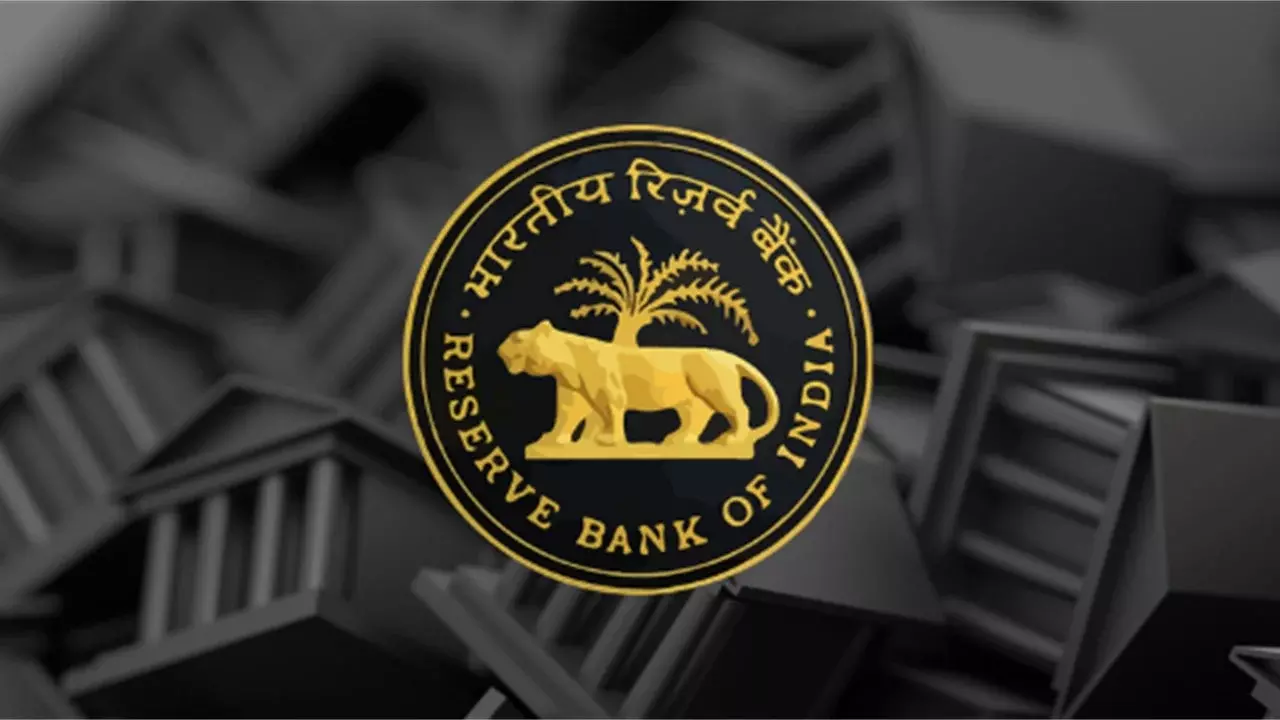Rs 2.49 cr fines for Dhanlaxmi, P&S Bank, ESAF for compliance lapses
RBI penalties highlight vulnerabilities in banking, spark calls for stronger compliance
image for illustrative purpose

In a seismic regulatory development, the Reserve Bank of India has levied staggering penalties totalling Rs 2.49 crore on major players in the Indian banking sector — Dhanlaxmi Bank, Punjab and Sind Bank, and ESAF Small Finance Bank. These penalties underscore critical lapses in regulatory compliance and expose vulnerabilities that demand immediate attention.
Dhanlaxmi Bank is hit with a hefty Rs 1.20 crore penalty for flouting directives on 'loans and Advances,' KYC, and interest rate norms. Punjab and Sind Bank face a colossal Rs 1 crore fine for non-compliance with 'loans and advances' directives, raising serious questions about the robustness of their operational framework. Meanwhile, ESAF Small Finance Bank bears the brunt with a Rs 29.55 lakh penalty for failing to meet RBI's directives on 'customer service.'
The shockwaves from these penalties reverberate throughout the industry, emphasizing the urgency for a paradigm shift in regulatory compliance.
Talking to Bizz Buzz, Rishi Agrawal, CEO and Co-Founder, TeamLease RegTech, said, “It signifies that the central bank is vigilant and maintains strict oversight of the banking industry's activities. It represents the regulator's determination to ensure the financial markets' stability. It does not impact the public perception of the stability of the financial system rather, it asserts that the regulator is watchful.”
It reinforces the RBI’s enforcement capabilities of discovering and reporting contraventions and creating guardrails in which financial institutions need to function.
Financial institutions recognise that the regulatory framework is real and needs to be followed. The regulator is alert, and any contraventions will be detected and reported, with resulting penalties. They are now aware of the cost of poor compliance and that the practice of complying only when the regulator serves a show-cause notice is not going to work.
The institutions must take compliance seriously across all levels of the company. RBI has shown time and again that it will not shy away from slapping significant financial penalties for bad compliance behaviour.
According to Agraal, “Financial institutions must create a culture of compliance and rein in their lending and recovery practices within the prescribed guardrails. There is a need to increase the sensitisation towards compliance across local branches and regional offices. They must also incorporate greater digitisation with internal systems capable of monitoring and flagging deposits, lending, and recovery.”
“These internal IT systems must be encoded to create guardrails that can guide employee behaviour. These systems need to be able to raise internal flags whenever an employee attempts to bypass the expected behavioural pattern. This risk flagging will ensure that risky and illicit transactions are not approved without approval from the senior management. More robust, risk-based lending practices must be incorporated into internal systems to impede undesirable behaviour in employees willing to bend and break the rules,” he added.
A culture of compliance that operates a system of rewards and recognises good compliance behavior, while also punishing bad behaviour is a must. A tone from the top that reinforces the emphasis on compliance practices is also required. Financial institutions must realise that they must create strong internal risk management and audit teams to improve self-discovery rather than being penalised by the regulator upon discovery. Empowering these internal risk management teams to identify, report, and remedy the instances of poor compliance will allow these institutions to navigate the regulatory landscape better and stay on the right side of the law.

